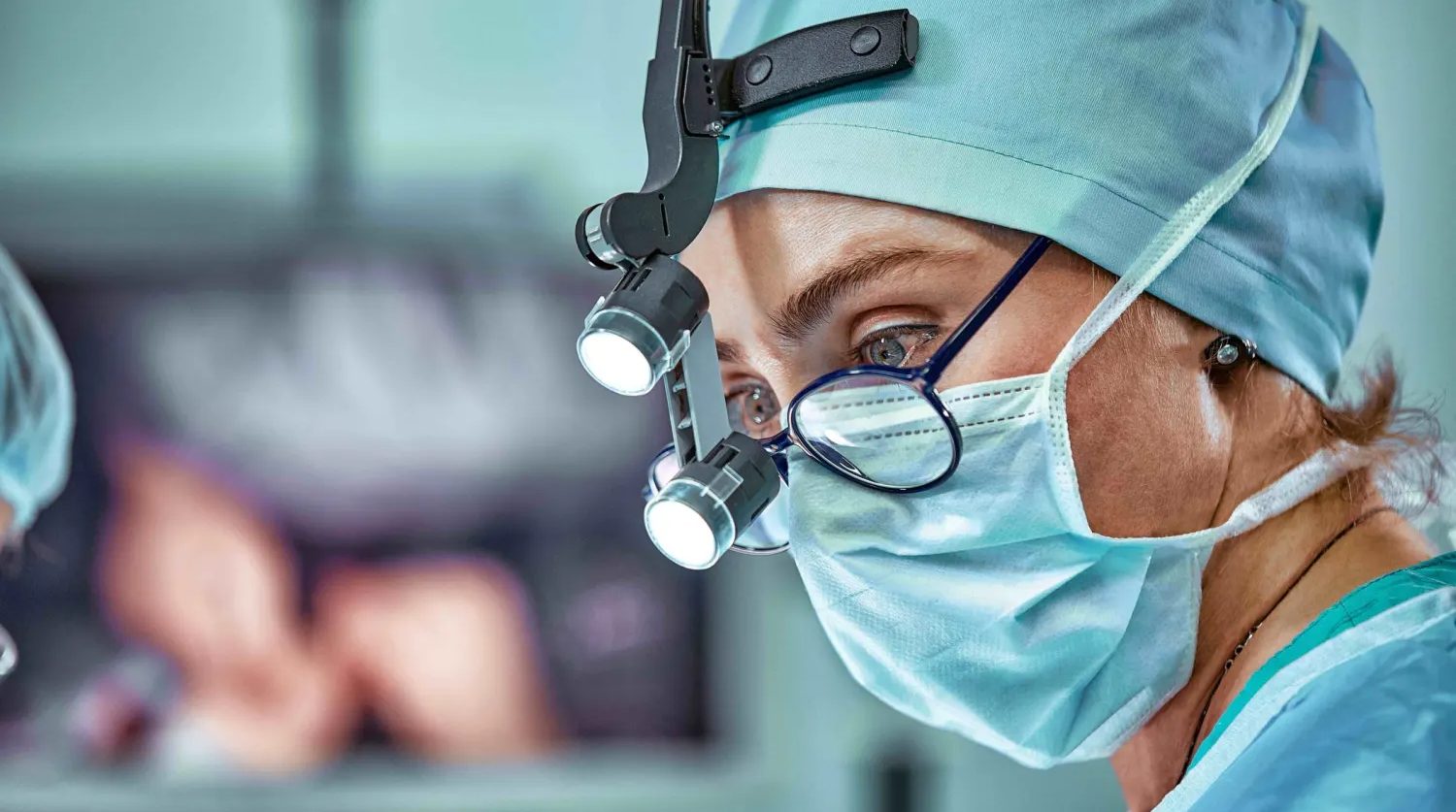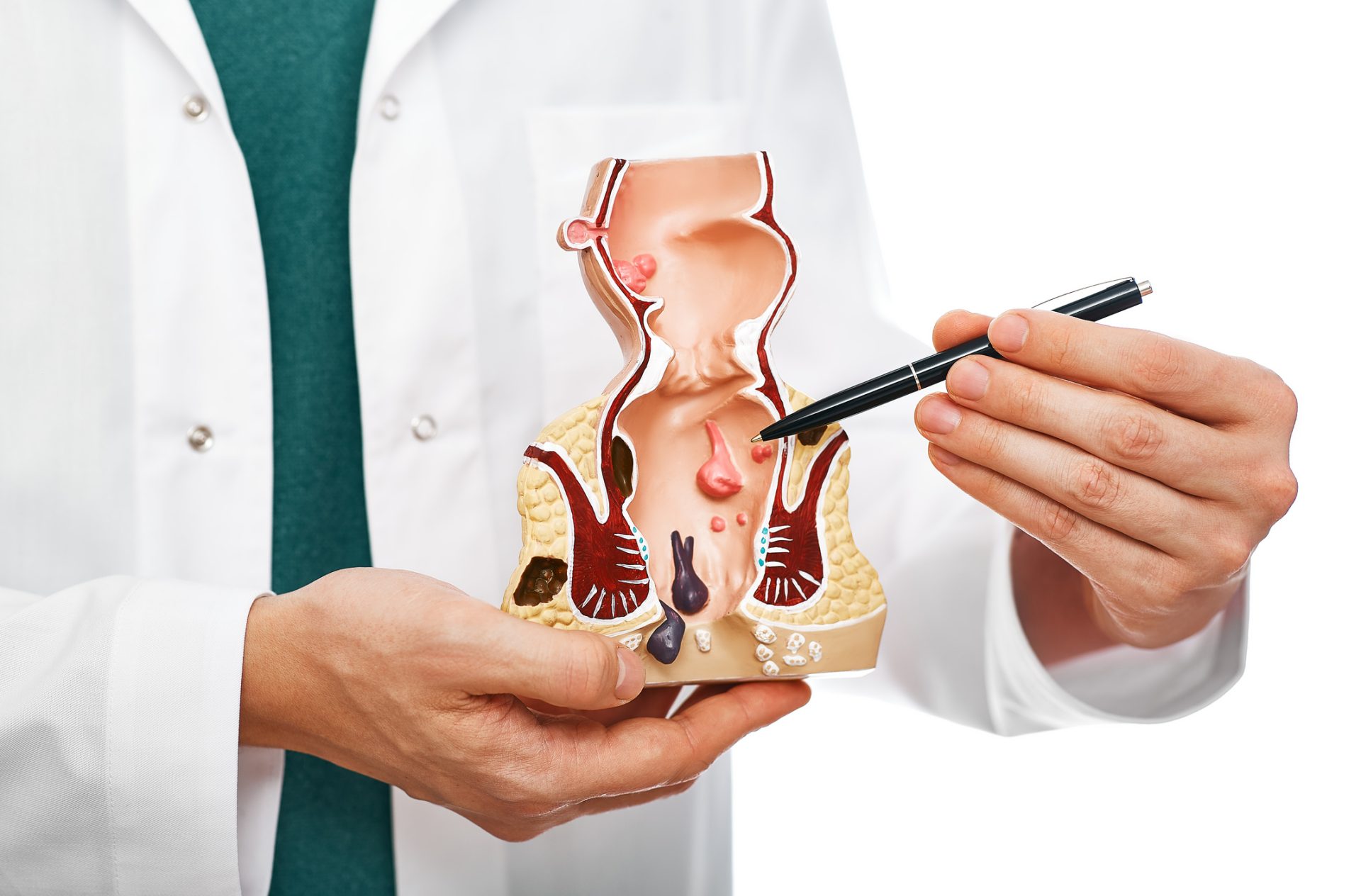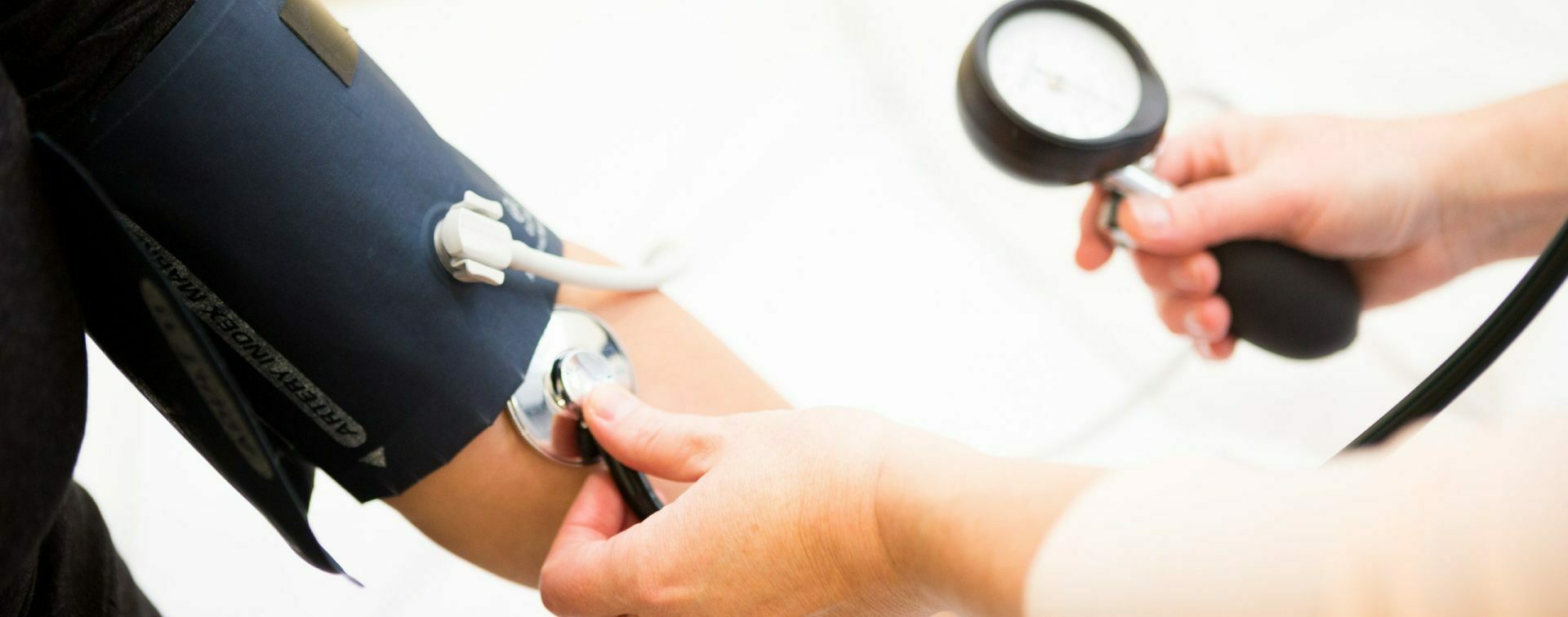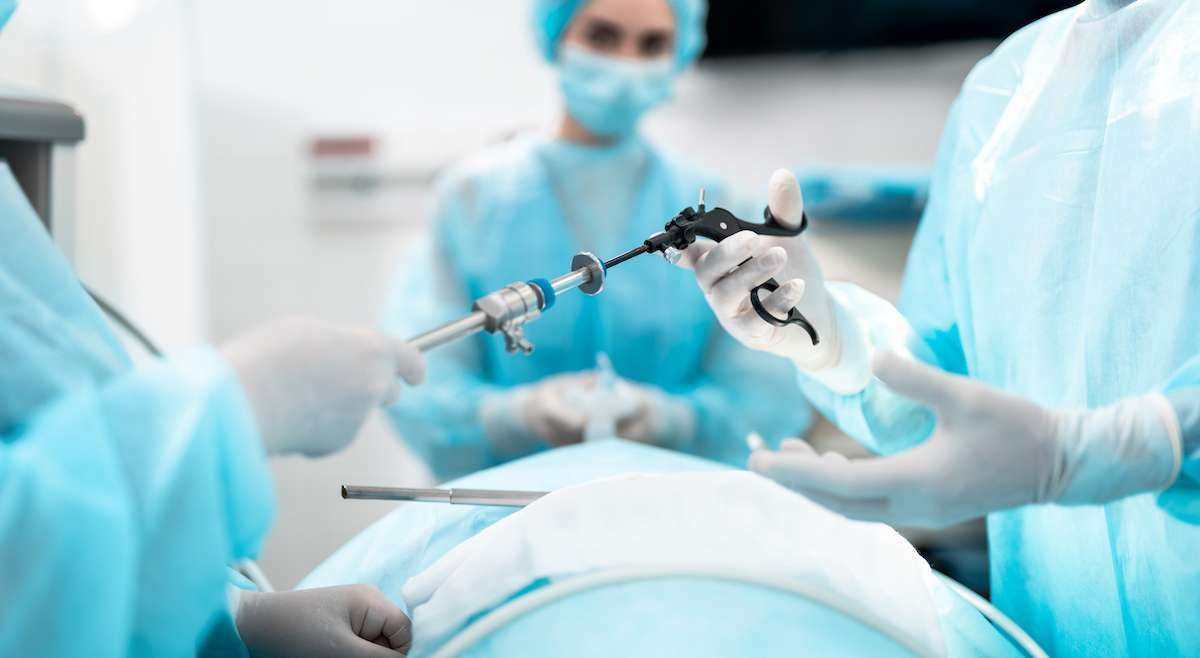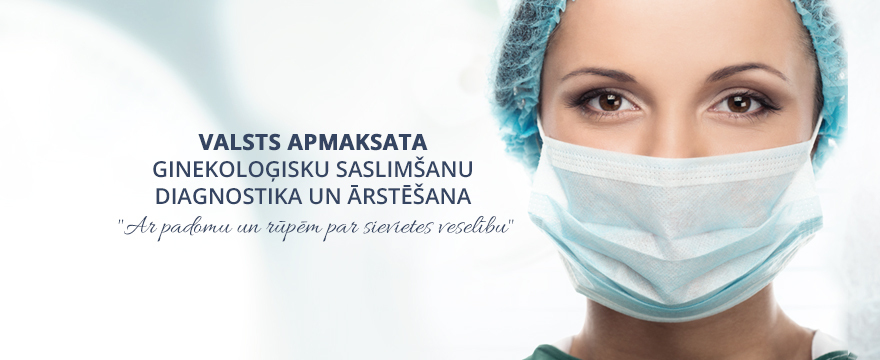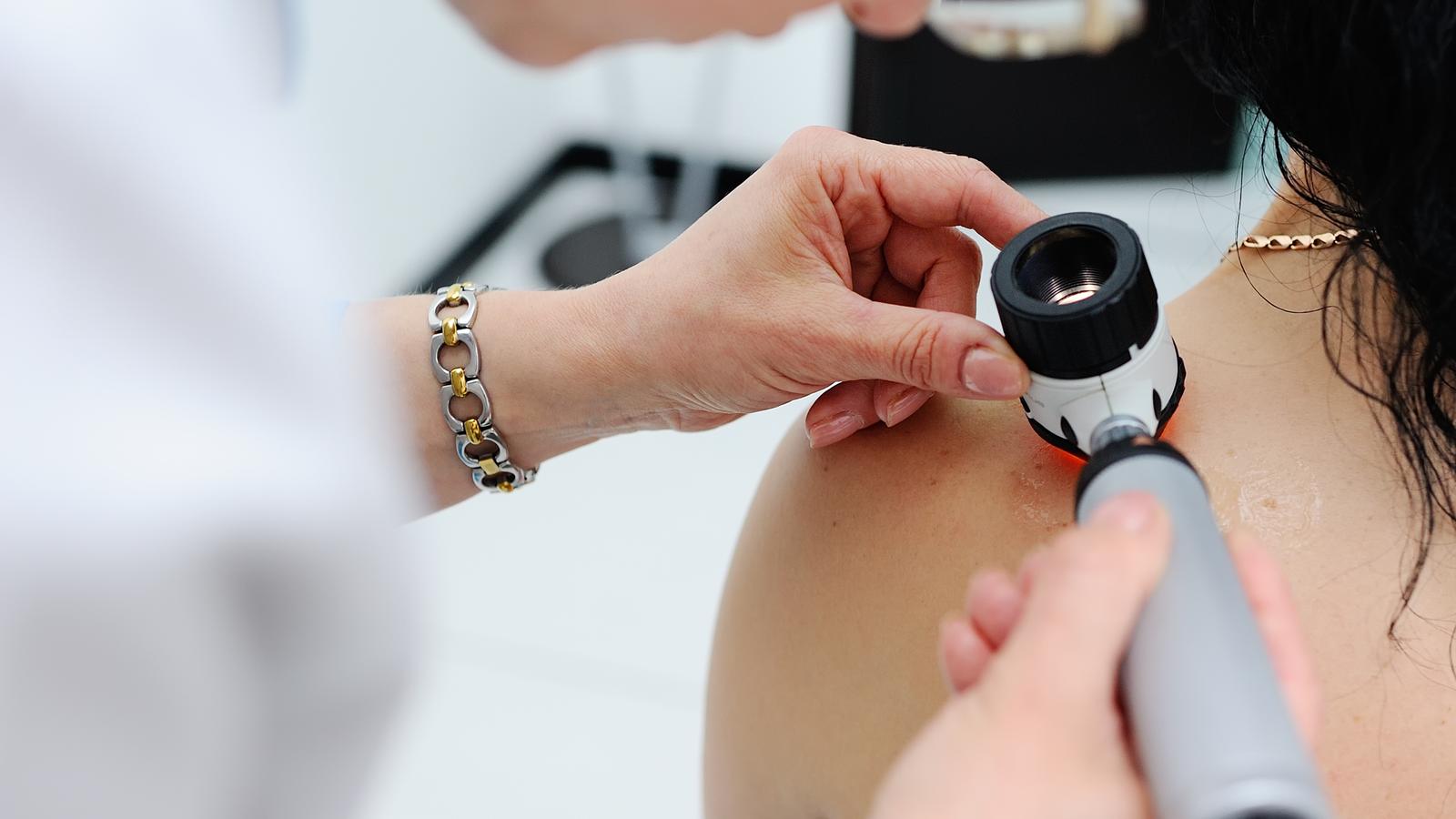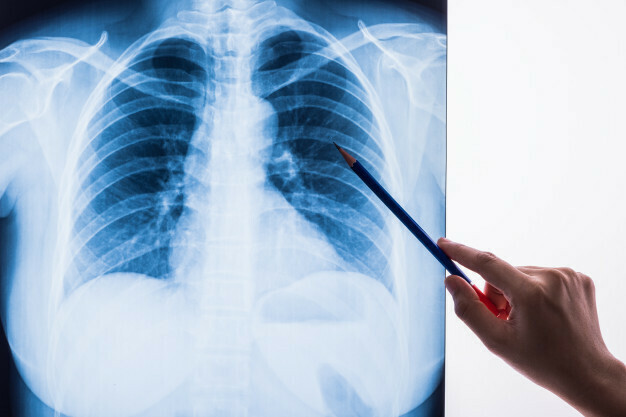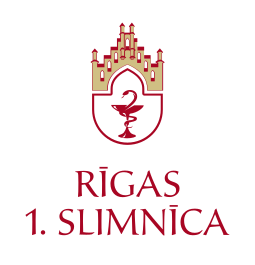
Cardiology is the branch of medicine that studies the functioning, structure, and development of the cardiovascular system. It develops effective diagnostic and treatment methods and provides medical rehabilitation for patients with heart and vascular diseases. If you have symptoms that may indicate heart or vascular diseases, don’t wait—schedule a visit to the cardiologist at Riga 1st Hospital!
What are the main risk factors for cardiovascular disease?
Risk factors include heart failure, arterial hypertension, age over 75, diabetes, a history of myocardial infarction, peripheral arterial disease, or aortic plaque. Gender also plays a role, with women having a higher risk due to hormonal factors.
Symptoms indicating a visit to the cardiologist should not be delayed:
- General malaise
- Headaches, chest pain, abdominal pain
- Feeling of pressure around the heart
- Fainting
- Elevated body temperature, fever
- Shortness of breath, cough, swelling
- Loss of appetite, weight loss or excessive weight gain
- Nausea and vomiting, burping
- Diarrhea, constipation
- Weakness, anxiety, a feeling of oppression
- Insomnia, seizures, and other symptoms
Cardiologist at Riga 1st Hospital
A cardiologist at Riga 1st Hospital diagnoses and treats heart diseases, including coronary artery disease, heart muscle, valve diseases, and arrhythmias.
Specialists at the Cardiology and Internal Medicine Clinic offer diagnosis and treatment for patients with:
- Heart rhythm disorders
- Cardiovascular diseases
- High blood pressure
- Congenital heart defects
- High cholesterol problems
- Fainting spells
What to expect during a consultation
During a consultation, the cardiologist will typically listen to your heart and lungs, measure your blood pressure, check for leg swelling, and palpate your abdomen to detect any liver enlargement. They may refer you for an electrocardiogram (ECG), blood and urine tests, and possibly more specific blood tests, such as thyroid hormone and iron levels.
It is recommended to bring previous heart examination records when visiting a cardiologist.
Cardiological visual diagnostics
Riga 1st Hospital offers all types of visual diagnostics for cardiological examinations. One of the basic heart tests is an Electrocardiogram (ECG), which creates a graphic representation of the heart’s electrical biopotentials. Other key tests include:
- Holter monitoring: A long-term ECG recording, typically over 24 or 48 hours, to detect signs of heart damage or rhythm issues.
- Ambulatory blood pressure monitoring (ABPM): Tracks blood pressure variations over 24 hours to determine the best treatment.
- Echocardiography (ECHO): An ultrasound method that assesses heart size, valve condition, and function.
- Exercise stress testing (ergometry): Evaluates how the heart performs under physical stress, such as exercise.
- Coronary angiography: Examines coronary arteries to assess for narrowing or blockages.
Following the necessary tests, the patient returns for a follow-up consultation where the cardiologist will provide a diagnosis and recommend treatment based on the results.
Signs of an acute heart attack
Important: An acute myocardial infarction may not always cause severe pain! If you feel sudden chest pain (burning, squeezing, or tearing, often radiating to the left side of the body), along with palpitations, shortness of breath, sweating, anxiety, fear of death, dizziness, extreme fatigue, nausea, or vomiting, do not wait—immediately call emergency medical services by dialing 113!
Many people underestimate the potential consequences of high blood pressure, which can lead to stroke or heart attack. Failure to address high blood pressure early is one of the leading causes of delayed diagnosis and treatment of cardiovascular diseases. Additionally, some general practitioners may not fully recognize early signs of heart arrhythmias, further contributing to delayed treatment.
Health is the foundation of our lives. To ensure good health, it is important to take care of yourself!Health tips from a cardiologist:
- Active involvement: Patients must be committed to their health for the doctor to offer full help.
- Healthy lifestyle: The best treatment is an active lifestyle and a balanced diet.
- Avoid harmful habits: Quit smoking and limit alcohol consumption.
If you want to check your heart health or receive heart disease treatment, don’t wait—make an appointment with a cardiologist at Riga 1st Hospital! The hospital also offers consultations with a highly qualified pediatric cardiologist for children from birth to 18 years for the diagnosis and treatment of congenital and acquired heart conditions.
Other related services
